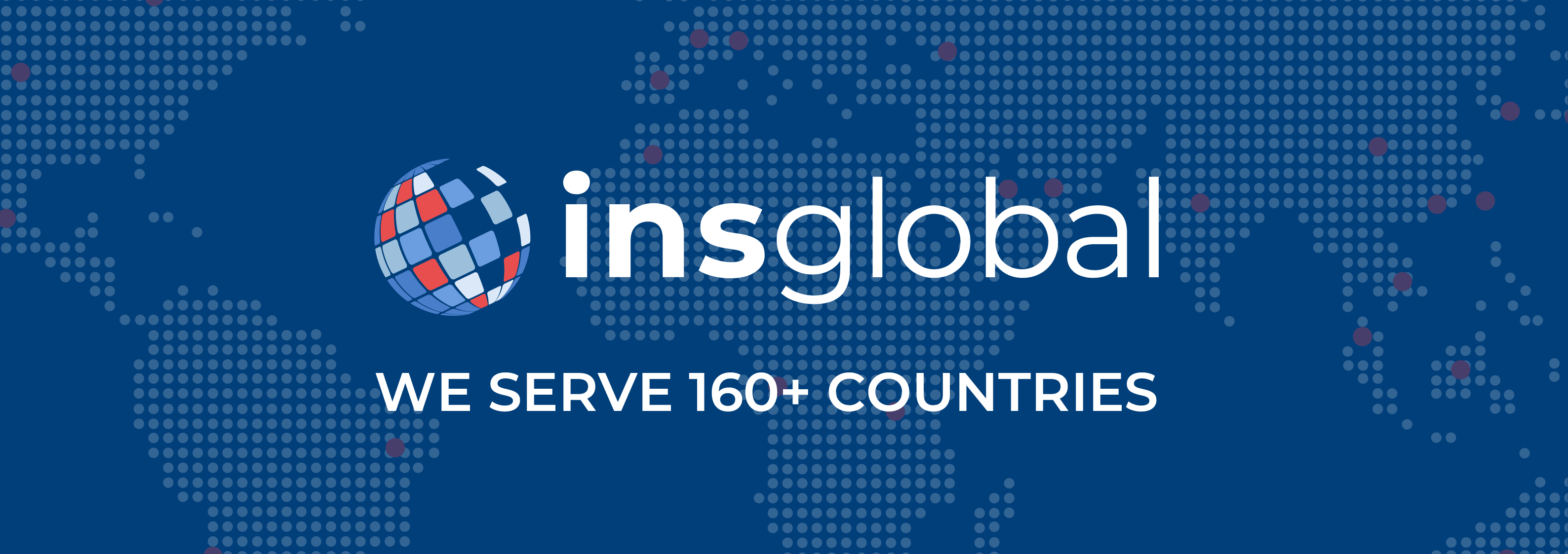Many professionals enjoy the benefits of dual citizenship, which can be a serious advantage for those looking to work abroad or enjoy the flexibility of remote work. However, while dual citizenship provides greater mobility and access to international opportunities, it also brings a host of challenges, like legal, tax, and regulatory requirements needed to maintain compliance in both countries of citizenship. However, by taking time to fully understand the most critical issues associated with dual citizenship, remote workers can safeguard their careers, finances, and peace of mind.

Tired of scrolling? Download a PDF version for easier offline reading and sharing with coworkers
Legal Implications of Dual Citizenship
Understanding Dual Citizenship Laws
Dual citizenship laws vary significantly between countries, with some nations offering generous provisions and others imposing strict regulations or refusing to recognize it in many circumstances. Certain countries may require dual citizens to declare allegiance to one nationality, while others may limit the exercise of specific rights, such as voting or military service.
Good examples of the extensive range of legal attitudes to dual nationalities can be found in Germany, Canada, and Japan:
- Germany has a generally restrictive stance toward dual nationality, which may surprise many. Traditionally, individuals who wish to become German citizens must first renounce their previous citizenship, though there are notable exceptions to this rule. For example, citizens of other European Union countries and Switzerland are permitted to retain their original nationality upon naturalization. Additionally, children born in Germany to foreign parents hold dual nationality at birth, though they are often required to choose one nationality before the age of 23. In special cases, where giving up the original citizenship would be extremely difficult or cause significant hardship, German authorities may allow individuals to retain both.
- Canada fully embraces dual citizenship and imposes no restrictions on citizens holding more than one nationality. Canadian citizens are free to acquire a second citizenship without risking the loss of their Canadian nationality, and individuals who become naturalized Canadian citizens are not required to give up their original nationality. Dual citizens enjoy all the same legal rights and responsibilities as single-nationality Canadians, including voting rights and eligibility for public office.
- South Korea has gradually relaxed its stance on dual nationality in recent years. Historically, South Korea did not permit dual citizenship, and individuals acquiring another nationality were required to forfeit their Korean citizenship. However, since 2010, South Korea has allowed limited dual nationality in certain cases, particularly for individuals of outstanding talent, overseas Koreans, and those with special contributions to the nation, who must still declare their intent not to exercise their foreign citizenship rights while in Korea. Dual citizens are still beholden to the country’s strict laws on civic duties such as mandatory military service, which has sometimes caused problems for tourists or expats of Korean heritage.
Potential Conflicts Between Citizenship Obligations
Dual citizens often face conflicting obligations between their countries of citizenship, such as military service requirements, mandatory health insurance, or jury duty. These conflicts can complicate a remote worker’s ability to maintain uninterrupted employment or conduct operations in certain jurisdictions.
Failing to adhere to dual nationality laws as a remote worker can result in penalties or the potential loss of citizenship if a worker’s residency needs conflict with local laws around multiple nationalities.
To avoid unnecessary complications, it is essential to stay informed about each country’s legal expectations and seek professional advice to address conflicts proactively.
Taxation Challenges Across Jurisdictions
Double Taxation Agreements
One of the most daunting challenges for dual citizens working remotely is managing tax obligations in multiple jurisdictions. Many countries have established double taxation agreements (DTAs) to mitigate this issue, ensuring that income is not taxed twice. However, understanding and leveraging these agreements requires a clear understanding of the tax systems in both countries.
Payroll and tax management services can help remote workers maximize the benefits of DTAs while ensuring full compliance.
Managing Tax Returns in Multiple Countries
For remote workers, filing tax returns in multiple jurisdictions can be overwhelming, as tax rules like worldwide taxation can sometimes leave workers struggling with double taxation or conflicting rules around jurisdiction. Dual tax residency rules often apply, requiring detailed records of income, deductions, and tax payments for each country. However, a good working knowledge of tax rules can mean that remote workers can benefit from tax treaties or exemptions existing between their host and home countries.
The Impact of Dual Citizenship on Immigration Policies
Travel and Visa Requirements
Dual citizenship typically eases travel and visa requirements, but it can also introduce complications. For instance, certain countries may restrict entry based on political affiliations or impose additional documentation requirements for dual citizens.
Residency and Work Permits
Dual citizens may benefit from streamlined access to residency and work permits, but they must still adhere to local regulations around employment or worker classification. Understanding permit requirements for remote work ensures compliance and minimizes risks.

7 Key Considerations: Finances, Health, Employment Laws, and Compliance for Dual-Citizen Remote Workers
Remote Work Regulations by Country
Remote work laws differ greatly by jurisdiction, and dual citizens must comply with the regulations of both countries while working, paying taxes, or making social security contributions. Some nations may require specific additional permits or registrations for remote workers employed by foreign entities, though dual citizens may have the advantage of being eligible for simplified processes or higher benefits than non-citizens in multiple countries.
Understanding the requirements imposed by each country is crucial to avoid fines or job restrictions.
Cross-Border Employment Contracts
Dual citizens often engage in cross-border employment contracts. As dual nationality workers can potentially sign contracts as local employees in multiple countries, employers should require carefully consider how labor laws, jurisdictional authority, and dispute resolution mechanisms apply in each case. Common issues may arise in terms related to working hours, termination, and benefits, which must align with the legal frameworks of both countries.
Access to Public Healthcare Services
Healthcare access varies depending on the country’s policies and the individual’s residency status, though dual citizens working remotely may still need to enroll in public healthcare systems or secure private insurance to ensure adequate coverage where local systems do not provide automatic coverage to citizens.
Managing Social Security Contributions
Dual citizenship often necessitates contributions to social security programs in multiple countries. While some countries have bilateral agreements to prevent duplicate payments, understanding these agreements is critical for remote workers.
Partnering with an organization like INS Global streamlines social security management, ensuring compliance and optimizing contributions.
Opening and Managing Bank Accounts
For dual citizens, banking, financial services, and currency issues remain problems even if workers are eligible for local preferential services. Managing bank accounts across countries can involve unique challenges, such as account restrictions, currency requirements, or cross-border transfer fees. Establishing accounts in multiple jurisdictions may also raise compliance concerns related to anti-money laundering laws.
By leveraging financial services expertise, dual citizens can avoid pitfalls and optimize their banking strategies for remote work.
Navigating Currency Exchange and Fees
Currency exchange fluctuations and fees can quickly and erratically erode income for remote workers paid in a foreign currency, leading to frustration and dissatisfaction. To prevent this, strategic currency management, such as using multi-currency accounts or negotiating payment terms in a stable currency, can be crucial.
Cultural and Ethical Dilemmas in Dual Citizenship: Balancing Loyalty and Identity
Dual citizens often face cultural and ethical dilemmas, such as balancing loyalty to both countries and reconciling different societal values. While a global perspective is seen as a bonus in the workplace, these challenges can still impact personal and professional relationships, especially when working remotely.
Cultural expectations may also influence dual citizens’ professional interactions, particularly when working with teams across borders. Awareness and adaptability of dual identities are key to fostering successful cross-cultural relationships.
Working through these systems and how they relate to citizenship or nationality can be complex, particularly for those working in multiple countries like remote professionals. That’s why expert support from local guides can be the best tool for simplifying the process and ensuring uninterrupted access to local services and hassle-free international remote work.
Best Practices for Managing Dual Citizenship: How to Simplify Dual Citizenship Challenges with INS Global
Managing the complexities of dual citizenship and remote work often requires expert guidance. INS Global offers tailored support for dual citizens, addressing legal, tax, and employment challenges quickly and effectively.
Laws and regulations affecting dual citizenship are subject to frequent changes, and potential conflicts between the two systems may not always be obvious without an in-depth understanding of both. That’s why staying updated on policy shifts helps remote workers remain compliant and adapt to new circumstances effectively.
Seeking Professional Advice
For dual citizens working remotely, navigating legal, tax, and regulatory complexities can be daunting. INS Global provides comprehensive support to streamline these processes, from tax management and payroll services to recruitment and legal guidance. With INS Global’s expertise, remote workers can focus on their careers while enjoying the benefits of dual citizenship.
Contact INS Global today to learn how we can simplify your dual citizenship journey and empower your remote work success.



SHARE